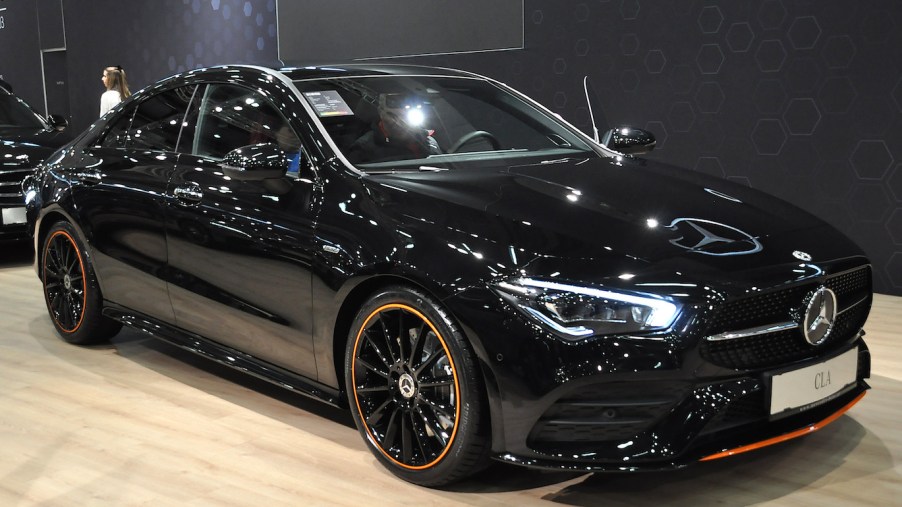
Mercedes-Benz Finally Stopped the Bleeding in Q2 2023
Looking at the tracking Mercedes-Benz sales, it appears the German automaker has finally managed to stop the bleeding last quarter. Here’s more about the potential Mercedes-Benz sales rebound, including why its competitors might anxiously watch their rearview mirrors as we head into the next third and fourth quarters.
It’s been a while since Mercedes-Benz cracked the 90K units mark
Looking back at year-over-year and quarterly comparisons of Mercedes-Benz sales, it’s been a while since the automaker broke 90,000 units sold. And Good Car Bad Car laid out the quarterly sales data for several automaking brands in a chart, demonstrating how long it’s been since Mercedes-Benz cracked 90,000 units.
Looking back to Q4 2020, with pandemic conditions, Mercedes-Benz sold 95,310 units during those trying times. But the company didn’t breach 90,000 units again until Q2 of 2022, clocking 71,182 units sold, 76,010 units sold, and 69,172 units sold in previous quarters. And while Q2 2022 proved to be a rebound, the subsequent quarter sales fell again to 88,412 units, 88,494 units, and 73,779 units through Q1 2023.
There appears to be a Mercedes-Benz rebound
Mercedes-Benz sales finally reached 90,000 units again, with Q2 2023 sales hitting 95,670 units. And it could spell rebound for the German automaker. That rebound could also be attributed to the impressive roster of vehicles in the 2023 Mercedes-Benz lineup. With improved performance, style, and electric options, luxury car buyers are finding more selections with this already reputable brand.
J.D. Power outlines each model style, starting with the 2023 AMG GT. Other sedans include the Mercedes-Benz C-Class, the CLA, the CLS, the EQE, the EQS, and the E-Class. The Mercedes-Benz SUV lineup is equally impressive, including the electric EQB, the G-Class, the GLA, the GLB, the GLC, the GLE, and the GLS.
From elegant city driving to capable off-pavement adventures, car buyers can find great luxury-meets-performance options with any of these Mercedes-Benz vehicles. And this robust selection might be driving the boosted sales numbers.
A healthy momentum might carry Mercedes-Benz to overtake rivals
Whether it’s the impressive selection across the Mercedes-Benz lineup or a more confident car-buying public, boosted sales numbers could lead to a big competitive advantage. If the luxury car company can continue to maintain consistency in sales, keeping its sales figures above 90,000, it can once again create that pre-pandemic sales momentum.
So far, there seems to be steady growth across Mercedes-Benz sales each month in 2023. January and February sales both hovered around 23,000 models sold. March jumped to 26,813 units sold. And April, May, and June all held sales over 30,000. This kind of trajectory suggests a healthy sales pace in the right direction.
Mercedes-Benz enjoys a well-established reputation and a loyal pool of car buyers. Consumers still tend to trust these cars as high-quality, infused with the best safety features, and equipped for long-term reliability. The upscale luxury and under-the-hood performance certainly doesn’t hurt its marketability either. Only time will tell if these factors will affect Mercedes-Benz sales in the coming months.
With continued success in sales, Mercedes-Benz can position itself ahead of its rivals, including BMW, Porsche, Tesla, and Audi. It’s hard to tell if the automaker can keep its forward momentum. But for now, it’s promising for the Mercedes-Benz team to at least get back to its previous level of sales.


